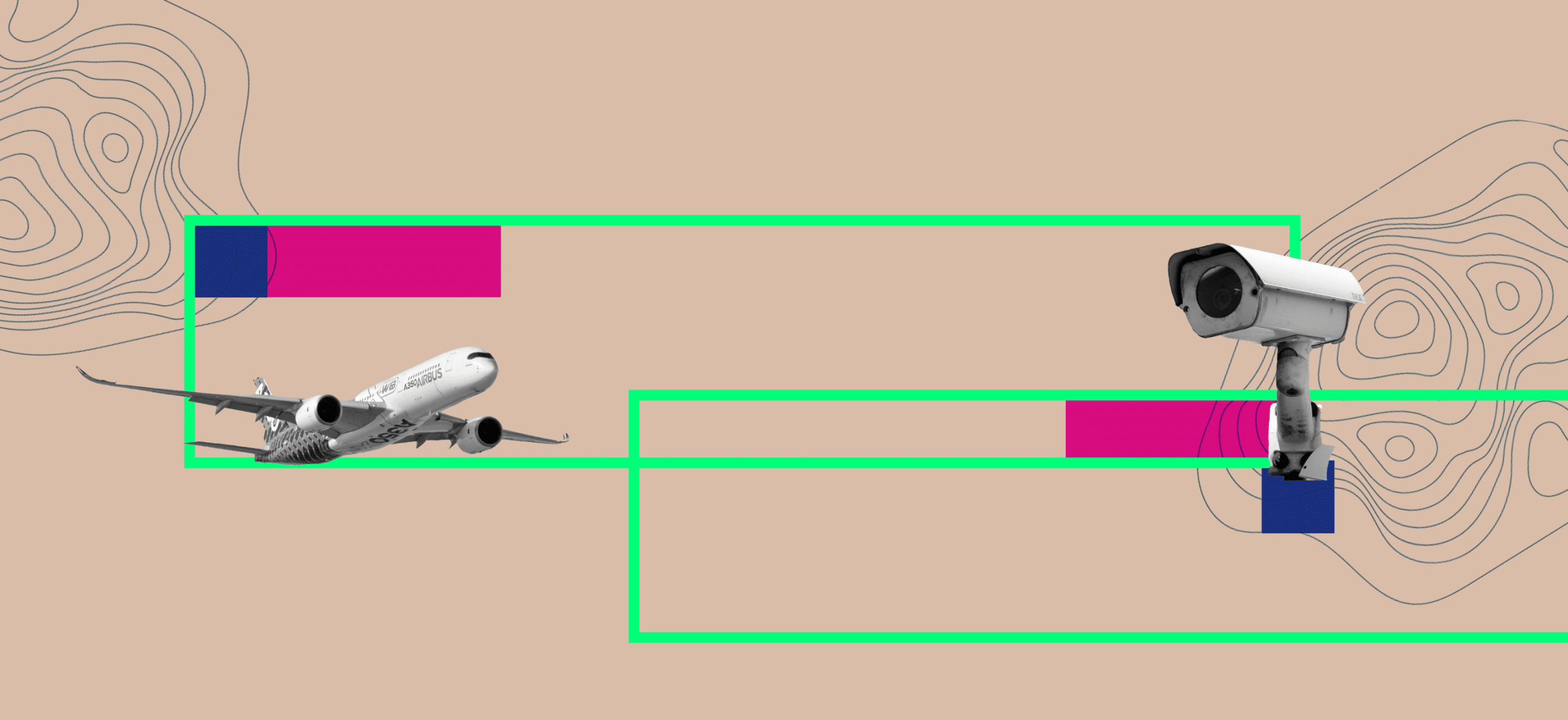Leer en español / Ler em português
Companies dealing in dangerous surveillance technology must communicate openly and transparently with the public about steps taken to address the impact their activities may have on human rights — new analysis establishes that most in Latin America do not.
Access Now, Asociación por los Derechos Civiles (ADC), Laboratory of Public Policy and Internet (LAPIN), and LaLibre.net have launched, Remote biometric surveillance in Latin America: are companies respecting human rights?, a document that analyzes the answers received by companies that deploy biometric surveillance technology in Latin America, when questioned about their products and their impact on human rights. It compares the received inputs through a United Nations Guiding Principles on Business and Human Rights (UNGPs) lens. Only nine out of the 23 companies contacted chose to send information on their practices. Cellebrite, Dahua, Hikvision, Huawei, Idemia, and Oosto are among the enterprises the organizations reached out to.
Getting straight answers from surveillance tech companies on how they mitigate human rights risks is unsurprisingly difficult. If they engage, their answers are mostly short, general, focused on the procurement angle, or coming straight from the public relations playbook. Civil society needs accountability from these companies, and people across Latin America have the right to security and privacy.Ángela Alarcón, Campaigner for Latin America and the Caribbean at Access Now
The analysis explores four patterns found within the answers: dodging accountability by mischaracterizing products; deflecting responsibility onto other actors; caring for clients, but not for impacted people; and being overconfident in internal policies, despite lack of transparency.
The dangerous combination of remote biometric surveillance technologies together with opaque institutional practices put the human rights of millions at risk — particularly when they become tools to track and chase vulnerable groups, increasing inequalities and reinforcing discriminatory practices. Privacy, freedom of movement, expression, and free association are only some of the rights under threat.Cynthia Picolo, Director of LAPIN
The analysis is the result of several attempts to get in touch with the companies since 2021, prior to the launch of Surveillance Tech in Latin America: Made Abroad, Deployed at Home. At the time of the launch, each company questioned had chosen not to respond.
Many of the companies questioned have poor human rights records resulting from the deployment of their technology across the world. Access Now will continue working to prevent further human rights impacts in Latin America, and in other regions, and will expose any abuses that arise. Check more at the Ban Biometric Surveillance global campaign and the #PorQuéNosVigilan regional campaign.
